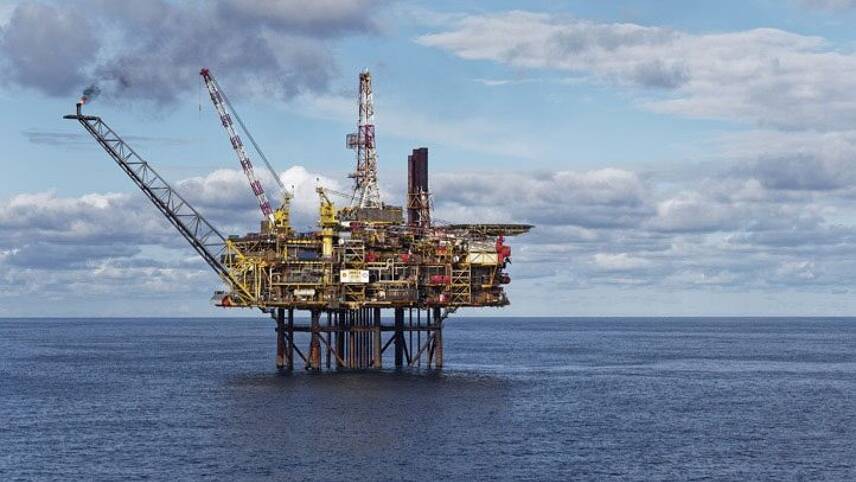Register for free and continue reading
Join our growing army of changemakers and get unlimited access to our premium content

The overarching message is that current targets are misaligned with clear scientific evidence
New research from the Net-Zero Tracker published today (4 December) has warned that of the 88% of global emissions covered by intended net-zero targets, only 7% have commitments in place to phase out exploration, production or use of coal, oil or gas.
In total, only 13% of countries with commitments to net-zero in place have a full phase-out of any fossil fuel as part of their strategy. The Net-Zero Tracker also warned that just two of the coal-producing countries assessed have set full or partial coal exploration phase-out pledges.
The new analysis, which is the first global benchmark of fossil fuel phase-out plans, covers commitments to phase out the exploration, production, and use of coal, oil or gas within the net zero pledges of the 1,525 entities (companies, cities, regions & countries) the Tracker identifies as having net zero targets of any kind. The overarching message is that current targets are misaligned with clear scientific evidence.
Natasha Lutz, Co-Data Lead, Net Zero Tracker (University of Oxford), said: “Phasing-out fossil fuels is a key element of realising credible pathways to net-zero. A lack of commitment at the country level leaves the door open for fossil fuel expansion and is inconsistent with achieving the temperature goals set out by the Paris Agreement.
“This proliferation of net-zero ambition without the commitment towards fossil-fuel phase-out highlights the need for entities to determine how these targets will be achieved. A pledge without a plan for implementation is at risk of becoming a bumper-sticker; broadcasted but never taken seriously.”
Out not down
The Tracker states that the lack of fossil fuel phase-out plans goes against guidance from the International Energy Agency (IEA)’s Net Zero pathway, which calls for no new fossil fuel development from now on, as coal, oil & gas must fall by 95%, 60% and 45%, respectively, by 2050.
During day three of COP28, climate scientists released a 10-point call to action to respond to the climate crisis. Paramount to this was the ask that nations completely phase out fossil fuels.
However, news emerged on Sunday that COP28 President Sultan Al Jaber has hit back at suggestions that fossil fuels needed to be phased out – not down – to address the climate crisis.
As reported by the Guardian and the Centre for Climate Reporting, Sultan Al Jaber claimed that there was “no science” to suggest that fossil fuels strictly needed to be phased out to meet the 1.5C pathway of the Paris Agreement.
It won’t be until the second week of COP28 that we get any clear indication of the language used to define fossil fuel declines globally, the Net-Zero Tracker does not some promising progress elsewhere.
It found that more than half of the 259 publicly listed companies with net-zero targets that engage in or facilitate coal production have a full or partial coal production phase-out pledge. Additionally, 30% of regions with coal reserves and net-zero targets have set full coal exploration phase-out targets.
Additionally, 18% of the annual revenue of the world’s largest companies covered by net-zero targets also include either a full or partial fossil fuel phase-out pledge, covering exploration, production or use of coal, oil and/or gas.


There seems to be a general feeling that oil and gas are only used as fuels.
The basis of the plastics industry is oil and gas. And take a glance around to observe just how much of our world is plastic related.
We might well ask just how our energy demands would be met by non-(oil and gas) sources.
Wind, solar and marine energies are not on demand, nor are they in any way under our control. Only fission and fusion remain. Not cheap or easy (my own sector, I am now a long retired scientist from the UKAEA)
Rather more science and reality is badly needed; and there is very little in the political and business field.
And bear in mind that renewables make a big call on rare elements, not cheap and easy.
Sorry, not cheerful, but only too true!!